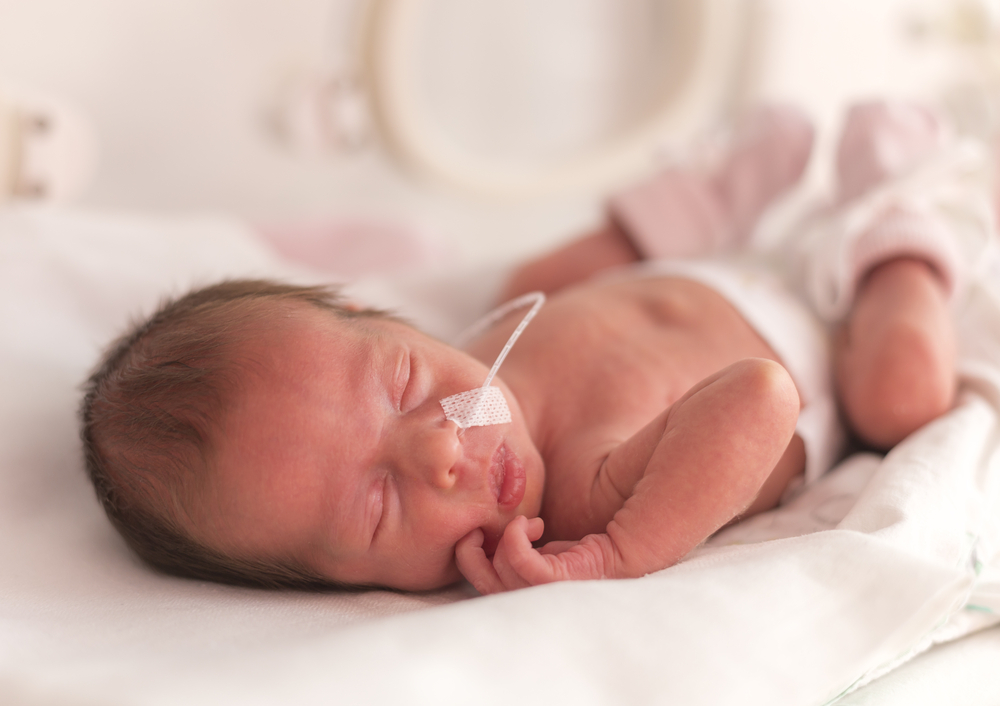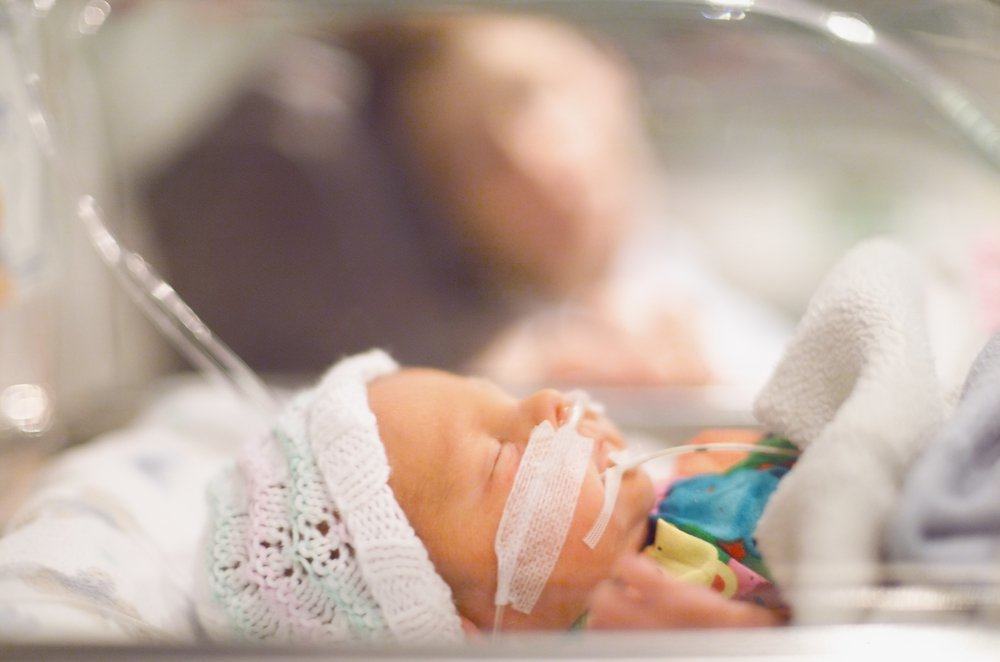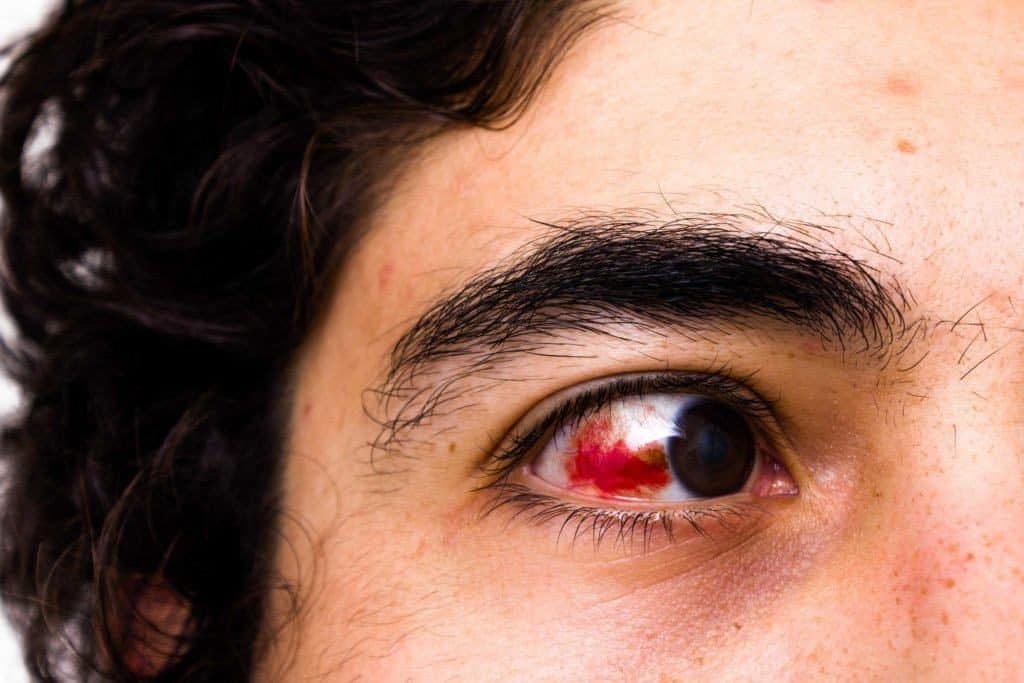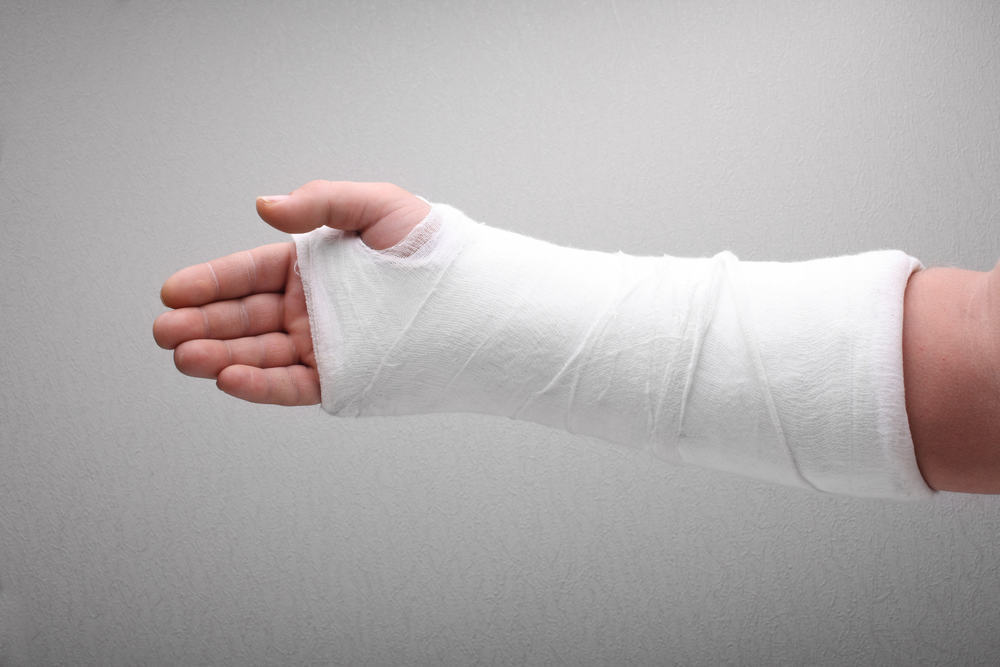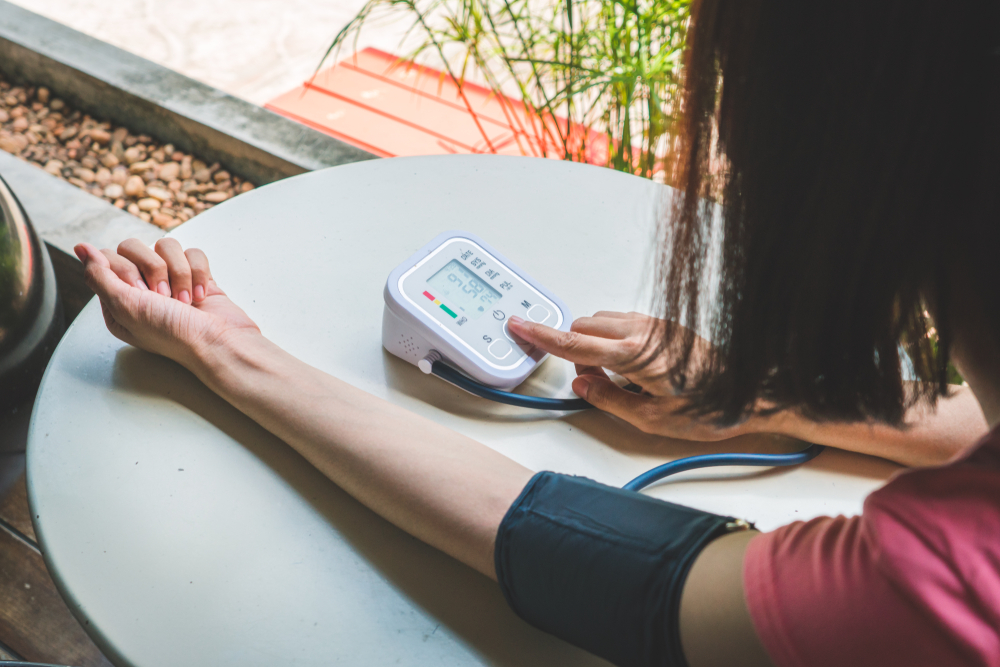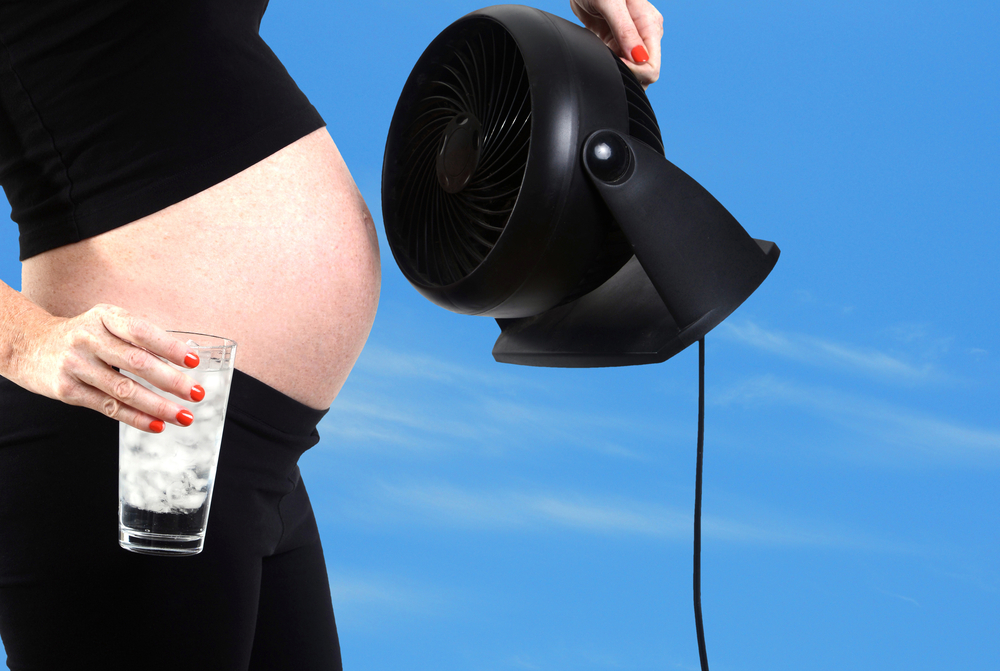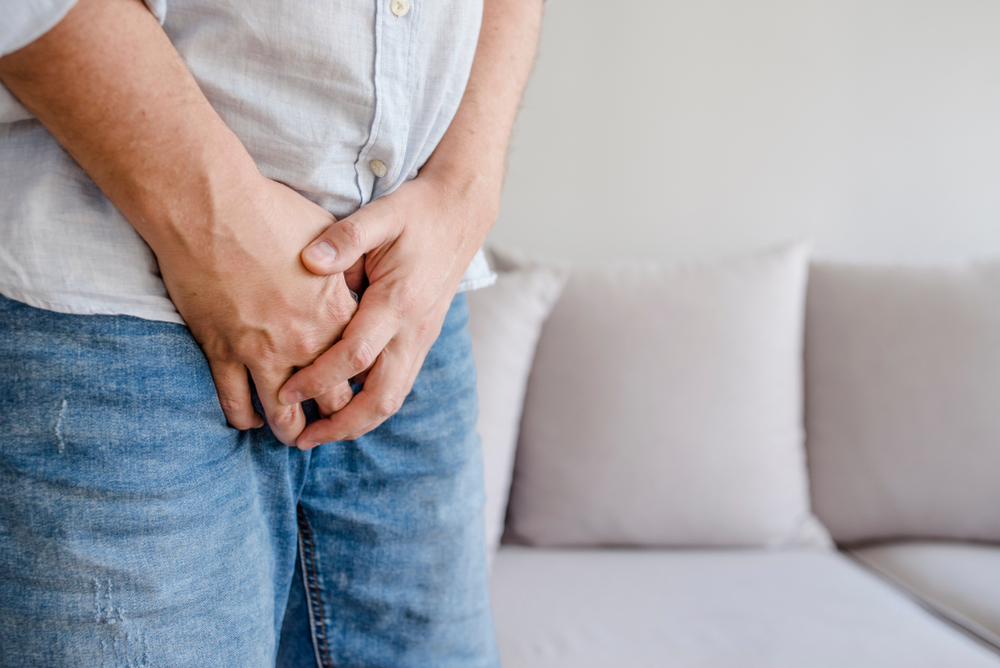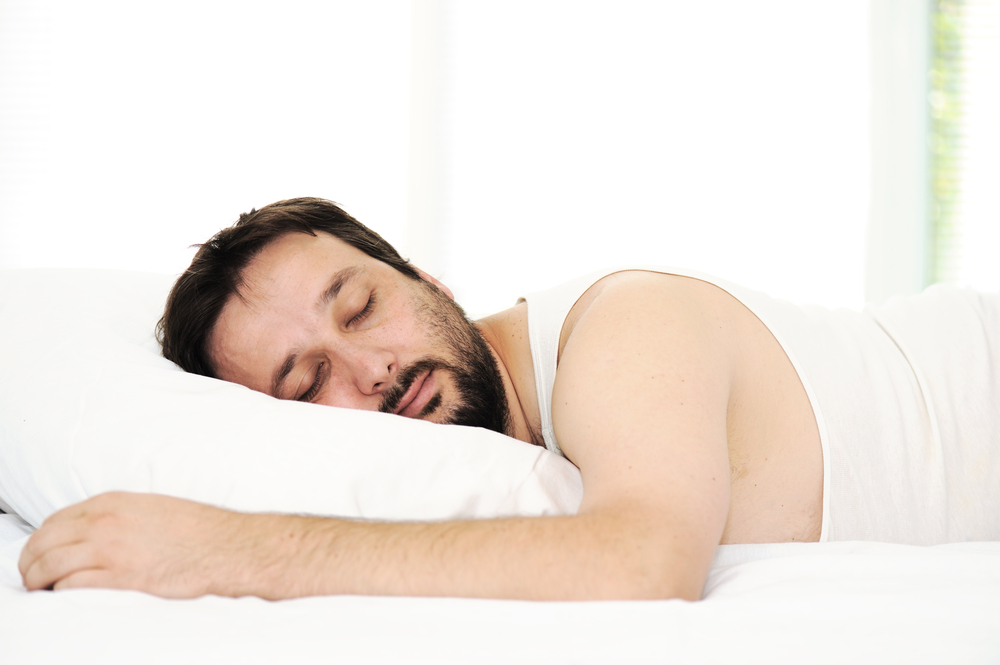Contents:
- Medical Video: 7 Facts About Coffee You Probably Didn’t Know
- Is it true that caffeine can help the breathing and lungs of premature babies?
- Caffeine for babies can reduce the risk of stopping breathing or apnea
- Does caffeine therapy for babies have side effects?
Medical Video: 7 Facts About Coffee You Probably Didn’t Know
According to one study, premature babies who were given caffeine therapy showed an increase in long-term respiratory and lung function. The study, conducted by experts in Melbourne, Australia, observed the development of hundredspremature baby who had been given a dose of caffeine when they were born. Caffeine is given in injections, milk, or through food tubes once a day.
Is it true that caffeine can help the breathing and lungs of premature babies?
According to the research leader, Professor Lex Doylechildren who had received caffeine intake had very good lung and respiratory function when they were 11 years old. Premature babies generally have difficulty breathing. The researchers then gave caffeine intake to help regulate breathing by pressing on the part of the brain that indicated their lungs were expanding.
The study, published in The New England Journal of Medicine, states that caffeine therapy can help the lungs of premature babies weigh 500 to 900 grams at birth.
In this study, experts began caffeine therapy for the first 10 days after birth. Premature babies given caffeine therapy need less oxygen than premature babies who do not get caffeine therapy.However, babies who receive caffeine have less weight compared to babies who do not receive caffeine.
Unfortunately, this study has not been able to ascertain whether caffeine therapy can be used for premature babies who have lung damage, not just breathing difficulties.
Caffeine for babies can reduce the risk of stopping breathing or apnea
Caffeine is one of the most commonly prescribed drugs for premature babies, because it is considered to reduce the risk of apnea. Apnea is a condition of the cessation of the breathing process in a short period of time (several seconds to one or two minutes). This disorder can also occur in the long term. The cause is related to the incomplete central nervous system.
Research conducted by the University in Hamilton, Ontario, Canada involving more than two thousand babies withweighs 500 grams to 1.2 kg at birth. With parental consent from the babies, the researchers randomly selected 963 babies to get caffeine therapy for babies during the first 10 days of their lives. While other babies get a placebo (empty medicine) that does not contain caffeine.
Does caffeine therapy for babies have side effects?
Babies who get caffeine therapy get infusion with caffeine dose daily made low. The average baby is undergoing caffeine therapy for 37 days. All babies also receive non-drug therapy needed to help breathe. Non-drug therapies include supplemental oxygen, Continuous positive airway pressure therapy (CPAP), and assisted by a ventilation device through a tube inserted into the trachea. The trachea is a part of the respiratory tract, also known as the windpipe.
Babies who get caffeine therapy need less oxygen and other assistive devices than babies who don't get caffeine therapy. However, according to the study, the effect of caffeine therapy has the potential to cause weight loss between four to six weeks at the beginning of therapy. The difference in average weight between infants who received caffeine and those who did not receive caffeine was 23 grams after two weeks.
Therefore, you should consult with your doctor before undergoing caffeine therapy for babies. You can also the opinion of other doctors (second opinion) to ensure how safe this therapy is for your baby.

